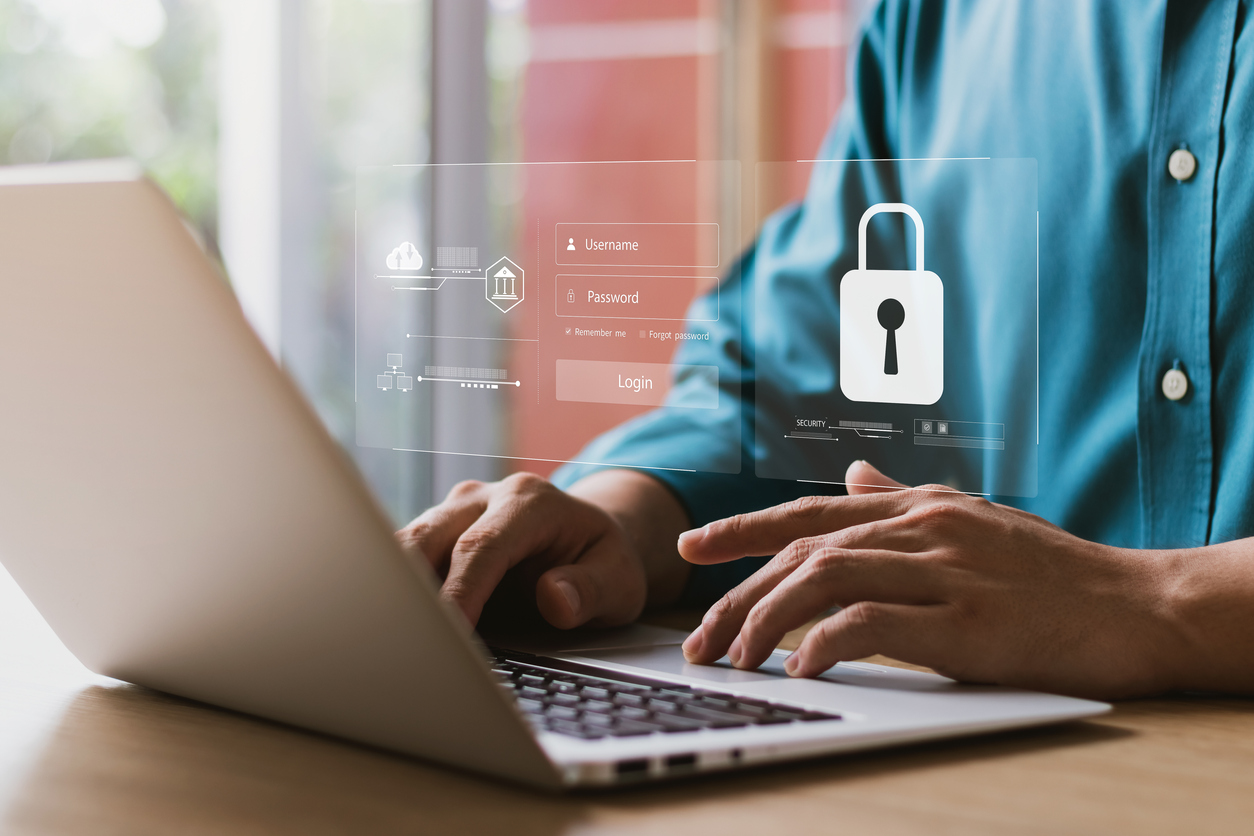Let’s be real—most of us don’t think twice before jumping on Wi-Fi at a coffee shop, scrolling through social media, or logging into our bank accounts on the go. But the truth is, a lot of what we do online isn’t as private as we think.
That’s where VPNs come in.
You’ve probably heard of VPNs before—they’re those things that “protect your data” and “hide your location.” And yeah, they do that. But here’s the twist: you don’t actually need to pay for one to stay safe online.
Free VPNs can get the job done. If you want to try one, check out VPNLY free VPN —it’s completely free, no signup needed, and super easy to use.

Wait, What Exactly Is a VPN?
A VPN (Virtual Private Network) is kind of like a secret tunnel between your device and the internet. Instead of sending your data out into the wild open web, a VPN encrypts it (scrambles it into unreadable code) and sends it through a secure server somewhere else in the world.
Here’s what that does for you:
- Keeps your real IP address hidden
- Stops trackers from following you around the web
- Makes your data unreadable to hackers, snoops, and even your internet provider
Basically, it’s digital invisibility—with benefits.
So How Do Free VPNs Keep You Safe?
Not all free stuff is shady—some free VPNs, like VPNLY, are actually designed to be easy, secure, and private. Here’s how they help protect your personal data:
1. They Encrypt Everything You Do Online
Free VPNs wrap your internet connection in a layer of encryption. Think of it like locking all your messages, passwords, and activity inside a vault before sending them across the internet.
That way:
- No one can see what sites you’re visiting
- Your sensitive info (like logins or payment details) stays out of the wrong hands
- Even if someone does intercept it, it’s just a mess of unreadable code
2. They Hide Where You’re Really Browsing From
Every device online has an IP address—kind of like a digital home address. But with a VPN, websites see the VPN server’s address instead of yours. It’s like wearing an invisibility cloak while you browse.
Why this matters:
- Advertisers can’t track you as easily
- Your actual location stays private
- It’s harder for anyone to connect your online activity to you
3. They Make Public Wi-Fi Way Safer
Using free Wi-Fi at the airport or a coffee shop? Fun. But also risky. Hackers love those open networks because they’re easy to snoop on.
A free VPN helps by:
- Encrypting your connection (even on sketchy networks)
- Stopping anyone from spying on what you’re doing
- Keeping your personal info safe from bad actors
4. They Don’t Always Collect Your Info
Some free VPNs (and you should always check) don’t log your activity at all. That means they’re not saving or selling what you do online. No weird ads. No creepy tracking. Just you and the internet, in peace.
But Are Free VPNs Actually Good?
Short answer: Yes, some of them are.
Sure, there are some sketchy ones out there. But there are also solid, trustworthy free VPNs that offer:
- Unlimited use
- No registration
- Decent speed
- Simple, clean design
VPNLY is a great example—it works right out of the box, and you don’t even need an account. Just connect and go.
The Bottom Line
You don’t need to be a tech expert or spend money to protect your online privacy. A good free VPN can help you stay anonymous, secure your data, and browse with confidence—whether you’re at home, at work, or on public Wi-Fi.
So if you’re ready to take your privacy seriously without pulling out your wallet, give VPNLY a shot. It’s fast, free, and actually kind of empowering to know you’re browsing safely.

